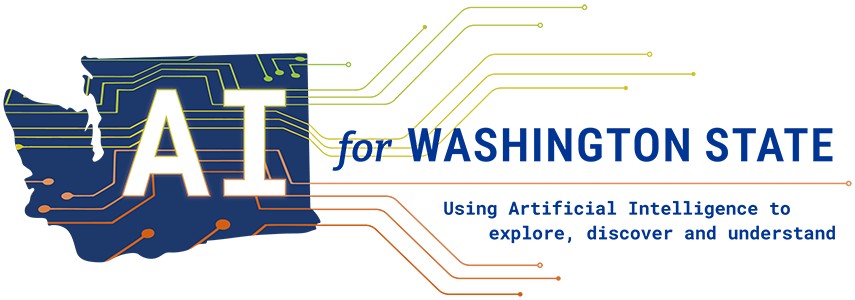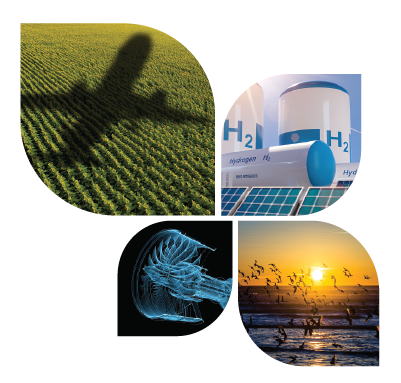Publication
Sustainable Aviation in Washington State: Connecting Policy, Technology, Infrastructure & Workforce Development Needs
Overview
The 16th Annual Symposium of the Washington State Academy of Sciences featured a topic of critical importance to both Washington State and the world: sustainable aviation.
Making aviation sustainable embodies all the challenges and opportunities posed by climate change. People need and want to fly, cargo needs to be transported, and the demand for air travel will continue to increase as the world economy grows. But aviation is already responsible for 2 percent of global emissions of carbon dioxide, and that percentage will increase as other sectors of the economy decarbonize. Reducing and then eliminating the emission of carbon dioxide from aircraft will be essential if the world is to achieve the goal of stabilizing atmospheric levels of greenhouse gases.
Washington State has its own goals to reduce greenhouse gas emissions, but the state also needs to sustain its economic vitality. More than 130,000 jobs and over $70 billion in revenue depend on the continued success of the various elements of the aviation ecosystem in Washington State. That ecosystem involves not just airplanes but airports, the production of fuel, and the transportation of fuel to airplanes. It involves not just the operation of aircraft but their successful development, production, and maintenance. Furthermore, aviation encompasses regional, national, and international transportation needs, and each of these market segments has its own challenges and opportunities.
In moving toward a sustainable future for aviation, both Washington State and the world have options, but every option requires that actions be taken now. That requires providing answers to many difficult technical and policy questions, including:
- What is the appropriate balance between the various sustainable aviation propulsion options?
- How will this balance change as technologies mature?
- What fraction of sustainable fuel production should be allocated to each sector of transportation, including aviation, trucking, rail, automobiles, and shipping?
- What fraction of sustainable fuel production should be allocated to each sector of the economy given the competing needs of society?
- What will be the impacts of scaling up the production, distribution, and storage of different sources of energy?
- Where will Washington and the world get the skilled workforce to develop, produce, operate, and maintain all the various elements of the new sustainable aviation ecosystem?
To examine these and many other questions, WSAS organized a symposium on August 17, 2023 at the Museum of Flight in Seattle. With its historical leadership in the aviation sector, Washington State has an unequaled opportunity to lead the way toward a sustainable aviation future. By helping the planet decarbonize, what happens in Washington State will make a difference around the world.


